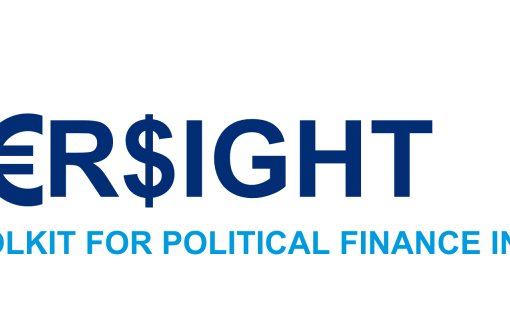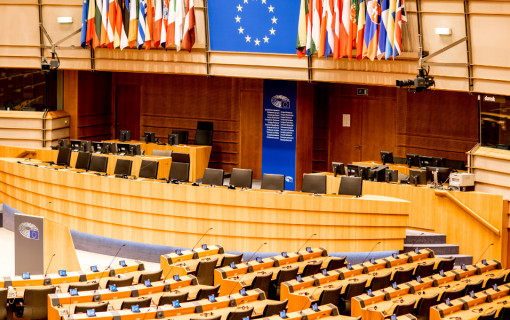Spending Limits as a Policy Option
Introduction
The current dissatisfaction with democracy expressed by citizens in many countries is—to a large degree—the result of perceived problems related to the role money plays in politics. For example, in Germany, Italy, Poland and the United Kingdom, citizens have loudly expressed their discontent with the state of democracy in general and with political corruption (and political finance) in particular. These citizens are upset because they believe the current financing of politics is violating the basic democratic values of equal opportunity, transparency and accountability. One way to bring the funding of political parties and candidates into line with these values is to regulate campaign expenditures through spending limits. This is a viable option, but such limits must be designed and implemented with care.
It is clear that the way political parties finance their activities (including campaign activities) influences how they interact with their members and the broader electorate; in turn, this interaction profoundly impacts the quality of new democracies. As a result, any regulation of campaign expenditures must follow careful consideration, but it can bring meaningful advantages. For example, such regulation can prevent corruption, increase political transparency, strengthen parties and introduce mechanisms that allow the public to make politicians more accountable.
In addition, regulations can enhance fair political competition. Keith Ewing, a professor of law at King’s College, describes competition in an environment without political finance regulations as “inviting two people to participate in the race, with one participant turning up with a bicycle, and the other with a sports car.” Because of the democratic belief that all should have equal opportunity to compete for political office, democracies have generally controlled the flow of money into politics, creating a framework of spending limits within which political parties and individual candidates can operate.









